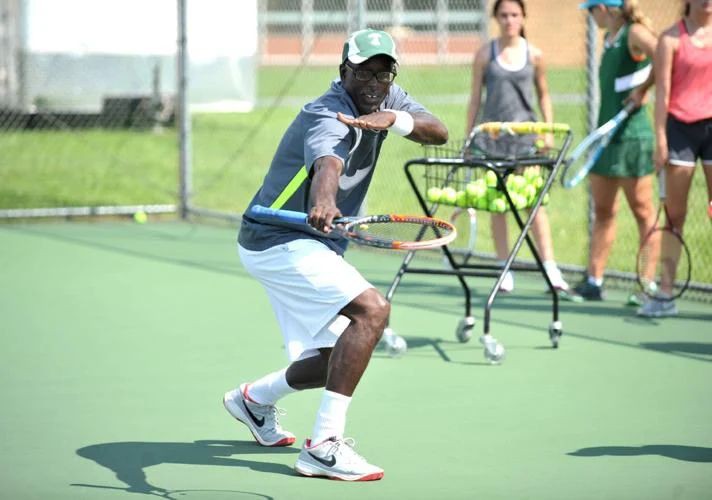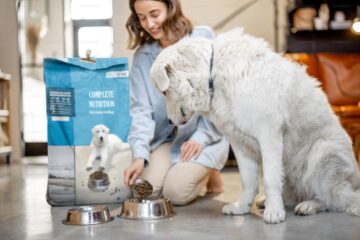Pickleball has swiftly become one of the most popular sports across the United States, with Tampa being no exception. For those looking to gain a competitive edge, understanding the tactical framework that top players use can make all the difference. Pickleball lessons are a fantastic way to learn these strategies, ensuring you can hold your own on the court.
One of the foundational elements of winning in pickleball is mastering court positioning. Many games are won or lost in the kitchen or non-volley zone. Being aware of your position relative to the kitchen line is paramount. Staying just behind the kitchen line allows for quick volleys while minimizing the risk of faulting by stepping into the zone. Effective players often position themselves and their partners in a way that covers the court efficiently, minimizing open spaces that opponents can exploit.
The serve in pickleball is not just about getting the ball over the net; it is a strategic play that can set the tone for the entire rally. An effective serve can disrupt the opponent’s rhythm and force weak returns. Competitive players in Tampa often incorporate different types of serves—such as the power, spin, and lob serve—each tailored to exploit specific weaknesses in their opponents’ game.
Equally, the return of serve should be deliberate and strategic. A deep return pushes opponents to the back of the court, allowing you and your partner to move up to the net and control the play. Practicing these techniques in pickleball lessons can significantly enhance your ability to return serves effectively and put pressure on your opponents immediately.
Dinking is a tactical move that controls the game’s pace and forces opponents into making mistakes. A dink is a soft shot that drops into the opponent’s kitchen, making it difficult for them to attack aggressively. Skilled players use dinking to create opportunities for more aggressive shots and to disrupt the opponent’s strategy. Mastering the art of dinking requires practice and patience, but it can be a game-changer in competitive play.
In doubles, pickleball, communication and teamwork are as significant as individual skills. Effective communication ensures that both players are on the same page, covering the court efficiently and setting up plays. Discussing strategies and signals before the game can prevent confusion and errors during critical points. Regular practice and pickleball lessons help develop this communication, leading to a more synchronized and effective team.
Anticipation is a skill that separates good players from great ones. By reading your opponent’s body language and paddle position, you can anticipate where the ball is likely to go and position yourself accordingly. This proactive approach allows for quicker reactions and more controlled shots. Reaction time can be honed through specific drills and exercises that simulate game scenarios, often incorporated into professional pickleball lessons.
Beyond physical skills, the mental aspect of pickleball plays a significant role in winning. Successful competitive players are able to stay calm under pressure, maintain focus, and adapt strategies during the game. Visualization techniques, mindfulness, and mental conditioning exercises can be as beneficial as physical practice. Engaging in pickleball lessons that include mental training can provide a comprehensive approach to becoming a well-rounded player.
Winning at pickleball requires a blend of strategic positioning, effective serves and returns, mastery of the soft game, and strong communication and teamwork. Anticipation, quick reactions, and a strong mental game also contribute significantly to success on the court. Taking pickleball lessons that cover these tactical frameworks can provide a significant advantage for those in Tampa looking to enhance their pickleball skills. By understanding and applying these strategies, players can elevate their game and increase their chances of victory in competitive play.
Keep an eye for more news & updates on Discover Tribune!




